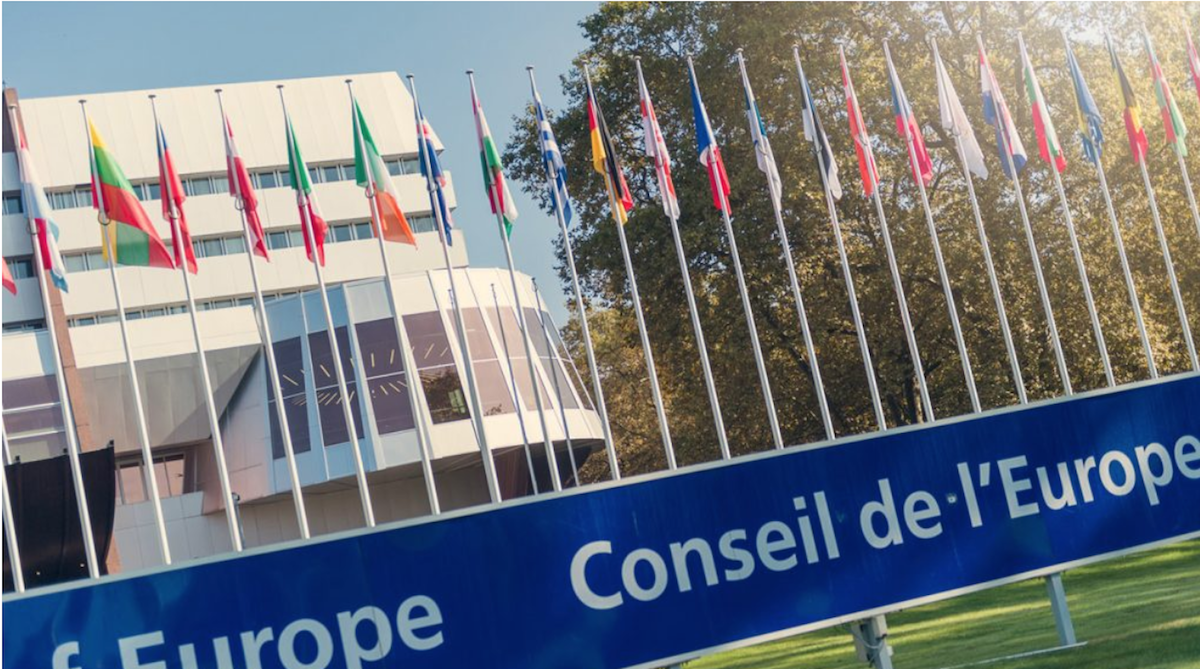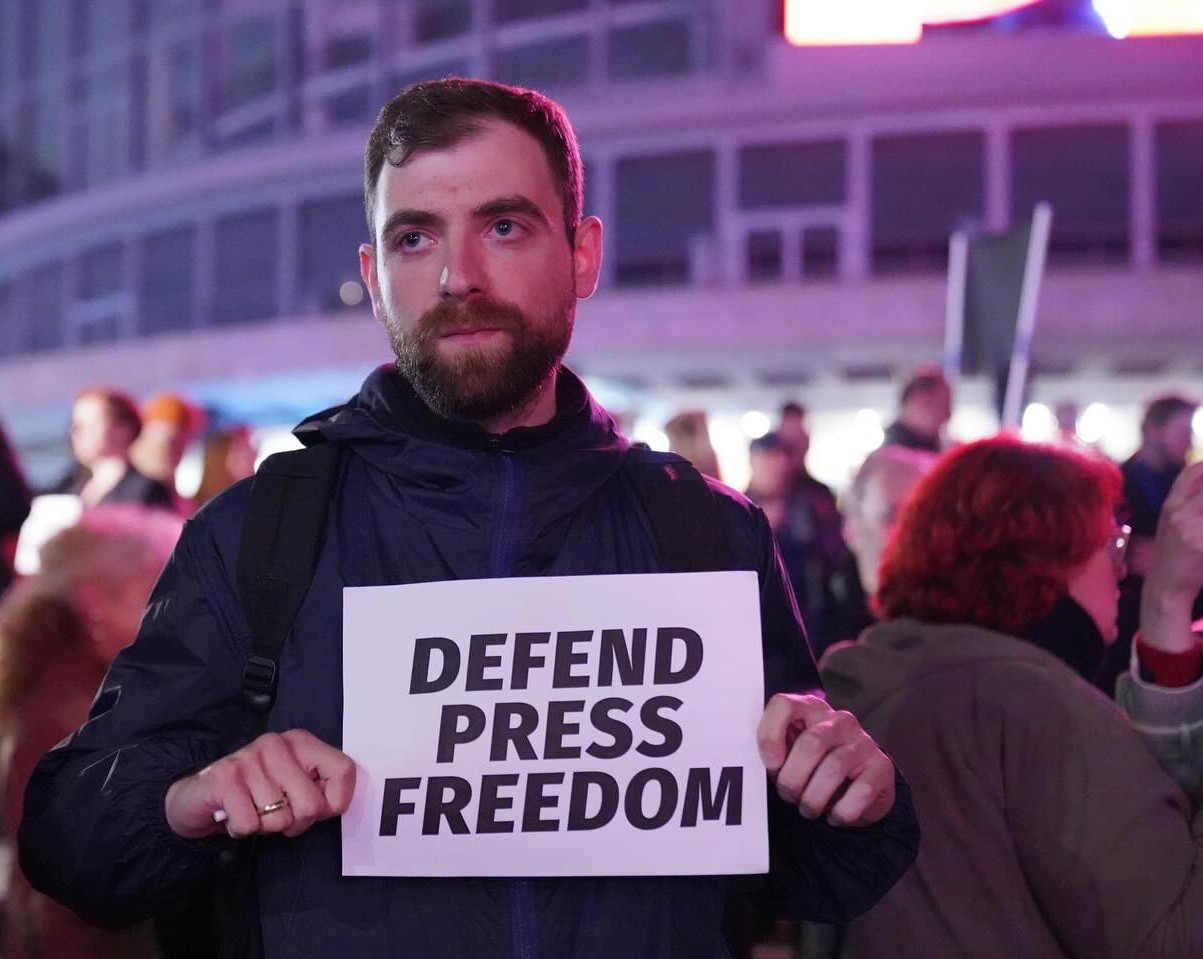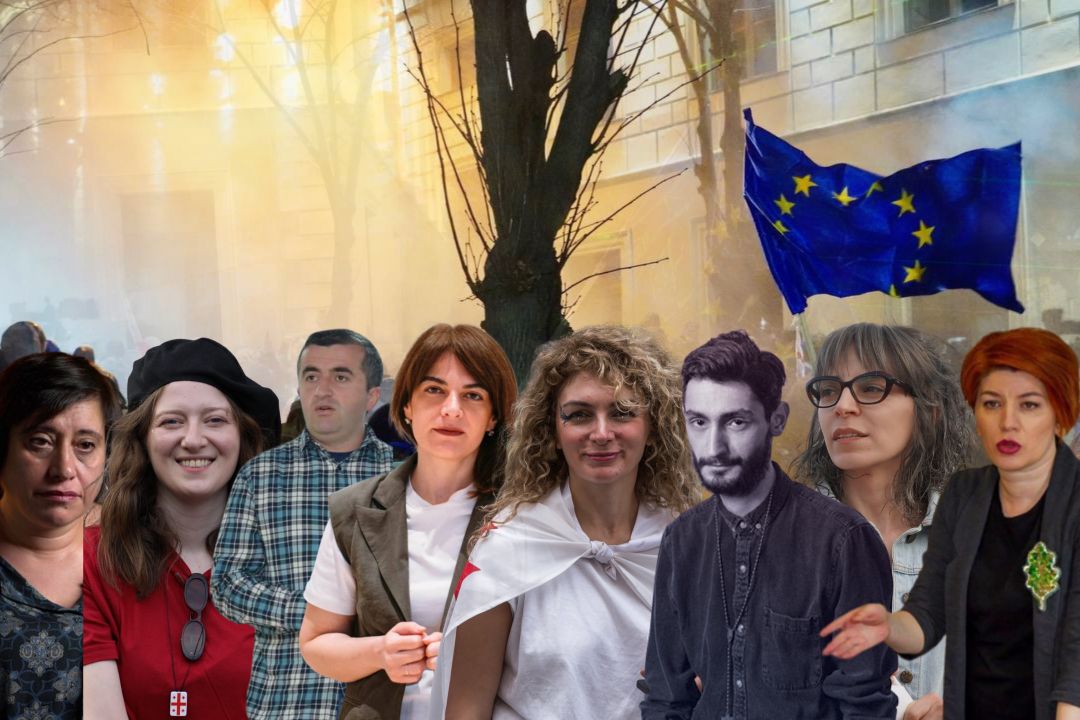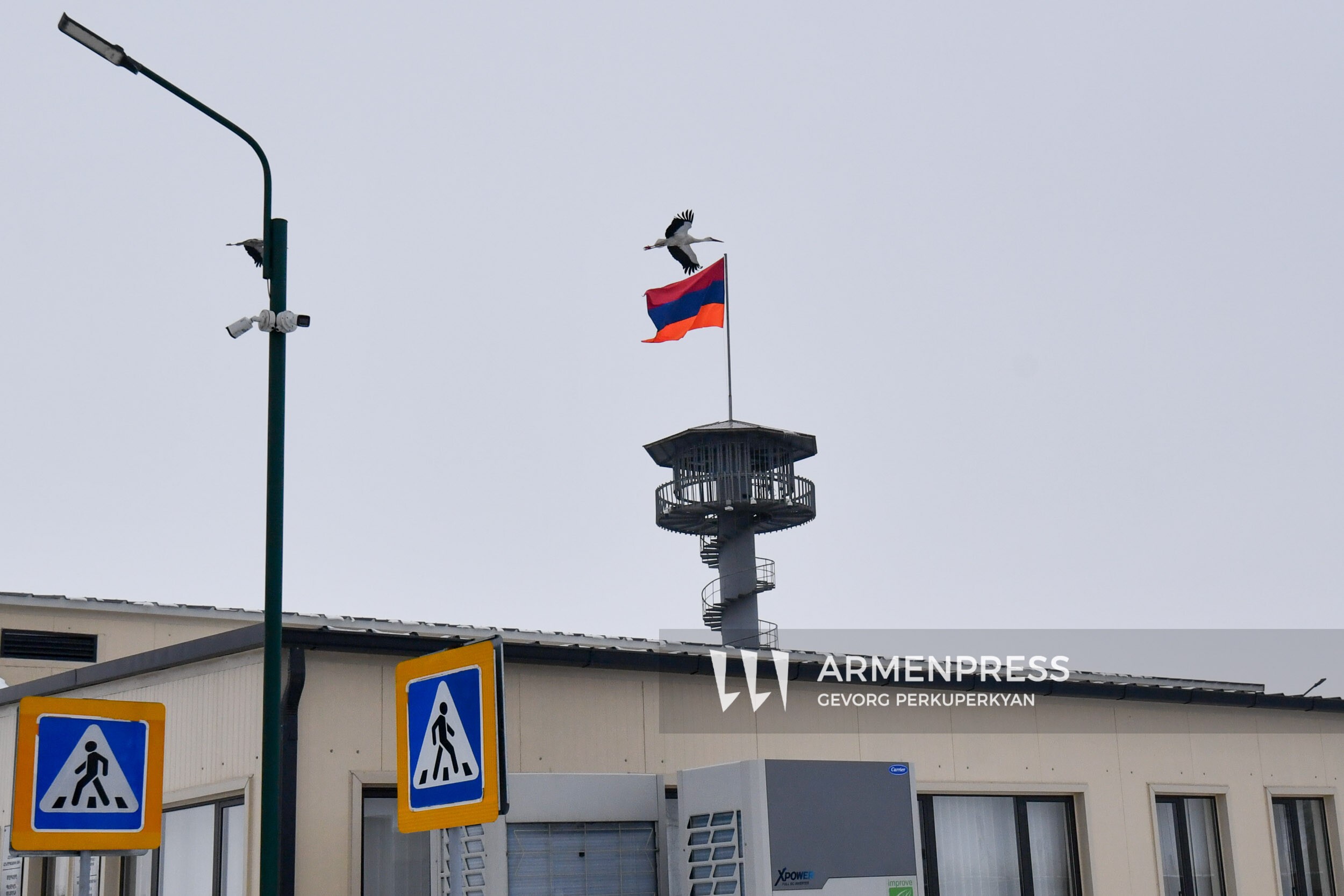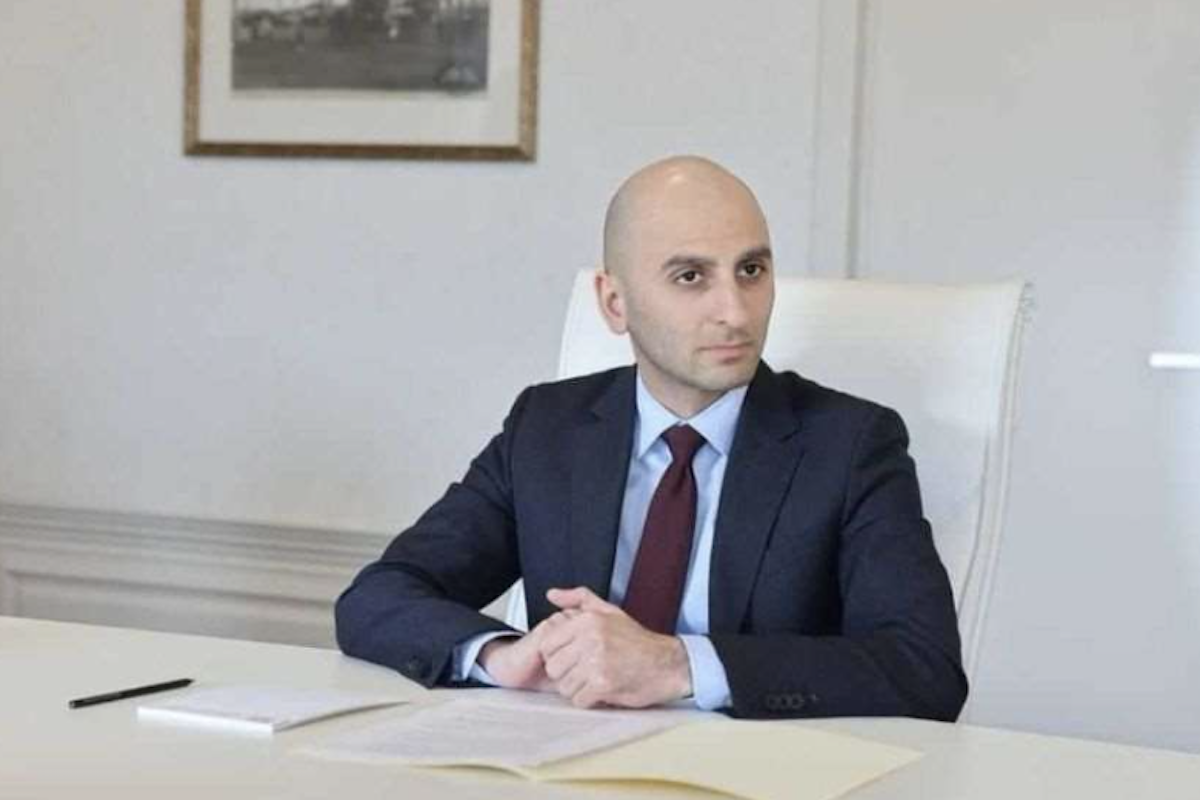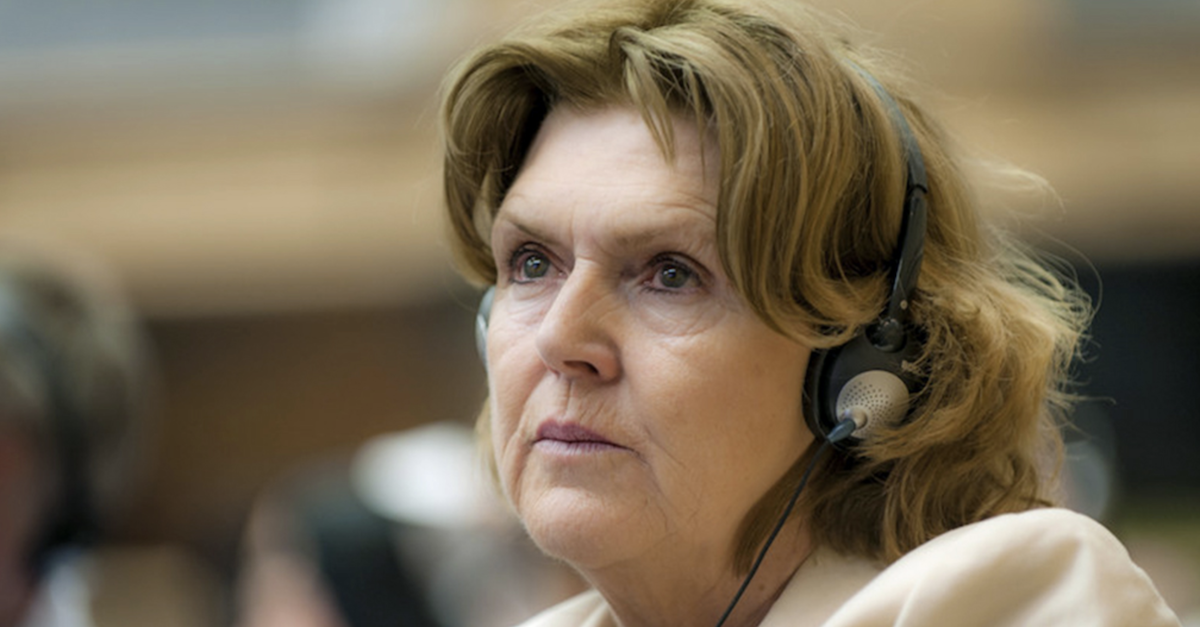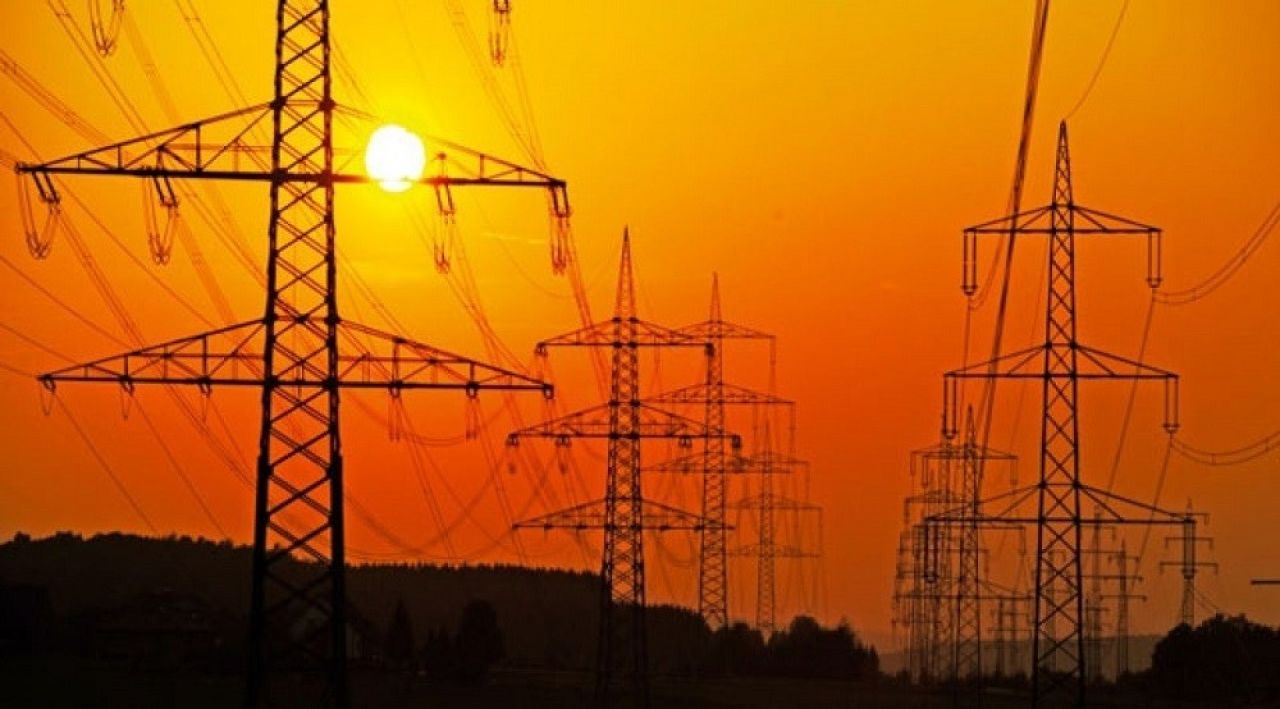The ECHR admits lawsuit by Georgian NGOs and media against ‘foreign agents’ law
Lawsuit by Georgian NGOs admitted by ECHR
According to the Georgian Young Lawyers’ Association (GYLA), the European Court of Human Rights in Strasbourg has admitted a lawsuit filed by NGOs and media outlets against the law “On Transparency of Foreign Influence.”
Human rights defenders said the court may assign the case “important” status, which is usually reserved for cases involving serious human rights violations.
Georgian media and civil society organisations argue that the authorities have violated the rights to privacy, freedom of assembly and freedom of expression, and that the “foreign agents” law has led to discrimination.
They also stress that there is no effective legal mechanism for protecting these rights. The applicants note that restrictions were not justified by the aims of the law, which contradicts Article 18 of the European Convention on Human Rights.
GYLA’s statement also said that the Georgian justice ministry (the respondent) withheld information in its written position about the adoption of Georgia’s analogue to the US Foreign Agents Registration Act (FARA) and amendments to the law on grants.
“The justice ministry, in its position, withheld/did not provide the court with information about the adoption of FARA and amendments to the law on grants, which are mechanisms of pressure and persecution against the civil sector and essentially represent a continuation of the restrictive regime established by the ‘Russian law’ [as the opposition calls the law On Transparency of Foreign Influence – JAMnews]. At the same time, according to the justice ministry, the ‘Russian law’ does not violate rights protected by the European Convention on Human Rights.
The applicants submitted to the court information about repressive mechanisms and measures taken against human rights and media organisations since the ‘Russian law’ came into force, including the recent freezing of NGOs’ bank accounts.
The importance of the case is also underscored by the fact that eight international human rights organisations/coalitions, representing 21 entities, filed motions to be admitted as third parties.
This once again confirms the significance of the case and highlights the systemic repression of human rights organisations and the media initiated at the legislative level by the ‘Russian law’. The case file also includes third-party submissions from the Venice Commission and Amnesty International,” the Georgian Young Lawyers’ Association said in a statement.
Briefly about the ‘foreign agents’ law:
- The ruling Georgian Dream party passed the law “On transparency of foreign influence” in its third reading on 28 May 2024.
- The government adopted the law despite mass protests, persistent objections from Georgia’s western partners and a critical opinion from the Council of Europe’s Venice Commission.
- On 23 May 2024, US secretary of state Antony Blinken announced a policy of visa restrictions and a comprehensive review of US–Georgia cooperation “in response to the undermining of democracy in Georgia.”
- On 6 June 2024, the US State Department imposed sanctions, including visa restrictions, on 30 people — MPs, law enforcement officials, Georgian Dream officials and their family members.
- After the law was passed, the US Senate Foreign Relations Committee adopted the MEGOBARI Act by 41 votes to 1; it was approved by Congress on 6 May 2025. The law holds accountable those responsible for Georgia’s democratic backsliding.
- Following the law’s entry into force, the EU froze €30 million in assistance earmarked for Georgia’s armed forces. EU ambassador Paweł Herczyński warned that further measures could follow if the situation deteriorated.
- France and Germany also moved to reassess their relations with Georgia. Germany cancelled joint forums, withdrew from the “Noble Partner” programme and refused new financial commitments.
- Georgian authorities justify the adoption of the ‘foreign agents’ law by pointing to similar legislation in western countries, such as France and the US.
Can Georgia’s ‘foreign agents’ law be compared with western laws?
Lawyers and human rights defenders say no.
The US law FARA (Foreign Agents Registration Act), which Georgian Dream cites, was adopted before the Second World War, in 1938. Its purpose was to protect the American public from Nazi propaganda. Neither then nor now has FARA applied to allied or friendly states.
Similarly, the French law on “foreign influence” explicitly lists the countries France considers a threat: Russia, China, Turkey and Iran. The list does not include France’s partners, and the law makes clear it cannot be applied to EU member states.
The Georgian Dream law contains no such safeguard. Instead, it directly targets organisations funded by Georgia’s friends and partners — the US and EU countries — whose support underpins democratic development in the country.
Unlike FARA, which does not apply to media or NGOs but only to lobbying organisations, the Georgian version contains no such distinction.
The law passed by Georgian Dream most closely resembles Russia’s “foreign agents” law — which is why the opposition calls it the “Russian law.”
Russia’s version also hit media and NGOs first. As a result, nearly all independent NGOs and media outlets in Russia have been shut down.
It is also important to note that Georgia’s “law on transparency of foreign influence” contradicts EU law. When a similar measure aimed at restricting media and NGOs was adopted in Hungary, it was struck down by the European Court of Human Rights.
Lawsuit by Georgian NGOs admitted by ECHR










